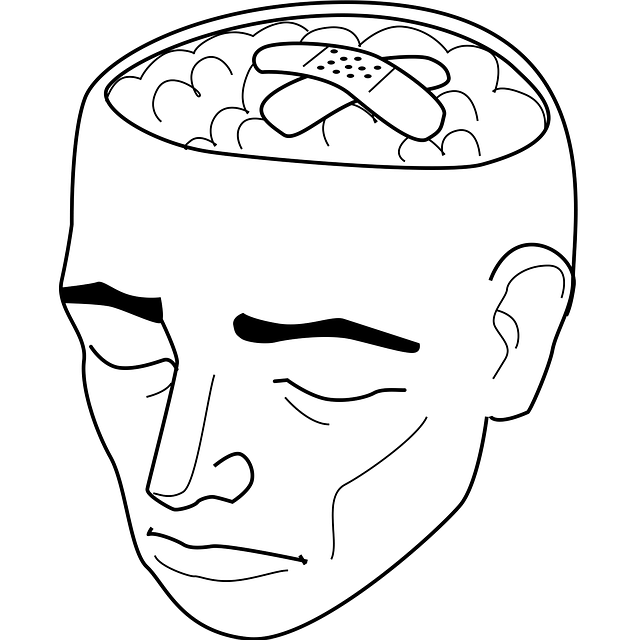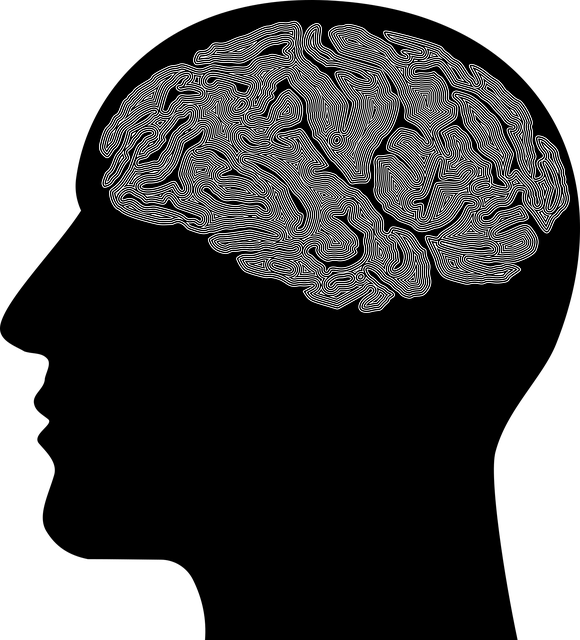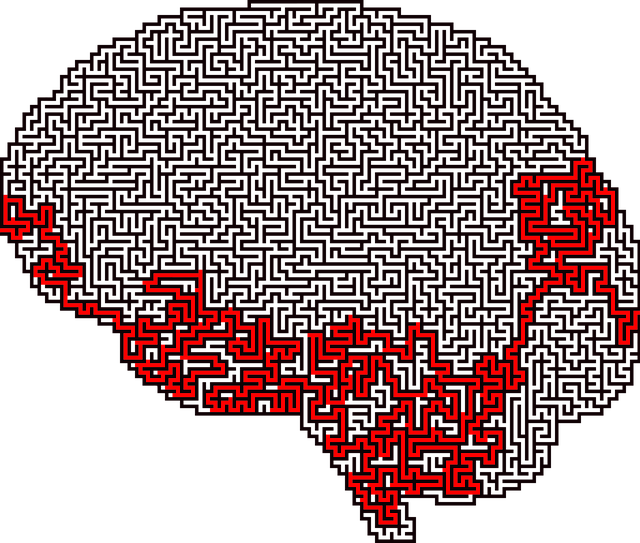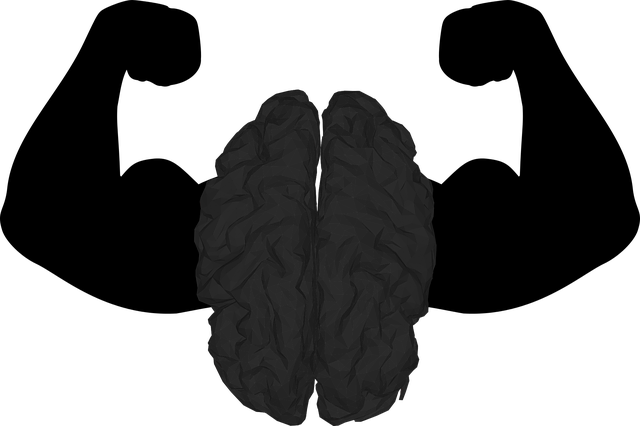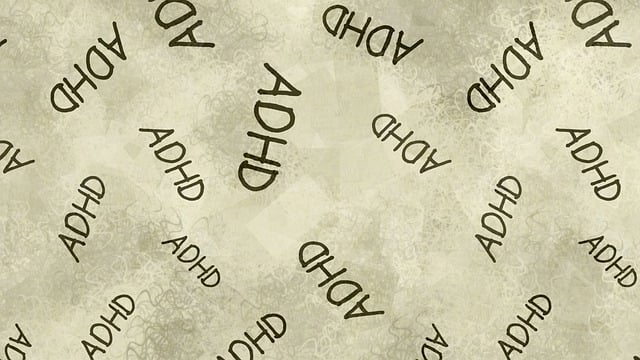Broomfield Anxiety Therapy emphasizes understanding mental health as a foundation for effective therapy, empowering individuals to recognize anxiety and depression early. Through comprehensive education incorporating interactive elements like case studies and personal narratives, they promote resilience and positive thinking. Their innovative strategies, including emotional intelligence exercises and burnout prevention, ensure participants gain practical tools for stress management and building mental wellness. A successful mental health program requires strategic implementation with ongoing support, adaptive learning, and consistent evaluation to align with emerging trends and policy developments.
Mental health education is a cornerstone of holistic well-being, and program design plays a pivotal role in its effectiveness. This article explores strategies for crafting comprehensive mental health programs, starting with “Understanding Mental Health: Building a Solid Foundation.” We delve into engaging content creation using evidence-based practices, including case studies from Broomfield Anxiety Therapy. Additionally, we discuss implementation and support mechanisms crucial for long-term success, offering valuable insights for educators and practitioners.
- Understanding Mental Health: Building a Solid Foundation
- Crafting Engaging Content: Strategies for Effective Learning
- Implementation and Support: Ensuring Long-Term Success with Broomfield Anxiety Therapy
Understanding Mental Health: Building a Solid Foundation

Understanding mental health is the cornerstone upon which effective Broomfield Anxiety Therapy programs are built. It involves demystifying various conditions, breaking down stigma, and fostering open conversations about emotional well-being. Educating individuals on common mental health issues like anxiety, depression, and stress management empowers them to recognize symptoms early and seek appropriate support. This foundational knowledge is crucial for developing personalized strategies tailored to unique needs.
By promoting public awareness campaigns and integrating resilience-building techniques, communities can foster a culture of mental wellness. Encouraging positive thinking and practical coping mechanisms helps individuals navigate life’s challenges more effectively. These initiatives lay the groundwork for comprehensive mental health education programs, ensuring that people have access to the tools needed to maintain and improve their overall well-being, much like Broomfield Anxiety Therapy aims to do on a local scale.
Crafting Engaging Content: Strategies for Effective Learning

Mental health education programs must be meticulously designed to engage learners and promote effective knowledge retention. One key aspect is crafting content that goes beyond mere information dissemination. Interactive and relatable materials, such as case studies, role-plays, and personal narratives, can significantly enhance learning experiences. Encouraging participants to reflect on their own mental health journeys or sharing anonymized stories from peers fosters a sense of community and understanding.
At Broomfield Anxiety Therapy, we emphasize practical strategies for stress management workshops organization. By integrating emotional intelligence exercises and burnout prevention techniques into the curriculum, learners gain valuable tools to navigate life’s challenges. These hands-on approaches not only make learning more enjoyable but also ensure that participants leave with tangible skills they can apply in their daily lives, fostering resilience and overall well-being.
Implementation and Support: Ensuring Long-Term Success with Broomfield Anxiety Therapy

Implementing a mental health education program like Broomfield Anxiety Therapy requires a comprehensive strategy to ensure long-term success. Beyond initial training, ongoing support structures are vital. This includes regular check-ins, peer mentoring networks, and access to specialized resources tailored to anxiety relief. By fostering a culture of self-care practices within the community, programs can sustain their impact over time.
Incorporating feedback mechanisms, adaptive learning strategies, and consistent evaluation measures into the design is essential. Such practices enable program coordinators to identify areas for improvement, align initiatives with emerging Mental Health Policy Analysis and Advocacy trends, and ultimately enhance the overall effectiveness of Broomfield Anxiety Therapy.
Mental health education programs are powerful tools for empowering individuals and communities. By combining comprehensive knowledge, engaging content, and robust support systems, such as those offered by Broomfield Anxiety Therapy, we can create sustainable change. Incorporating strategies that cater to diverse learning styles ensures accessibility and fosters a deeper understanding of mental well-being. Ultimately, these programs can lead to improved resilience, enhanced coping mechanisms, and better access to support for those facing mental health challenges.
